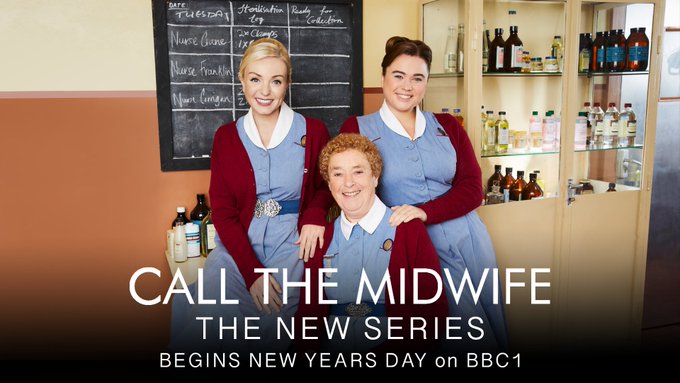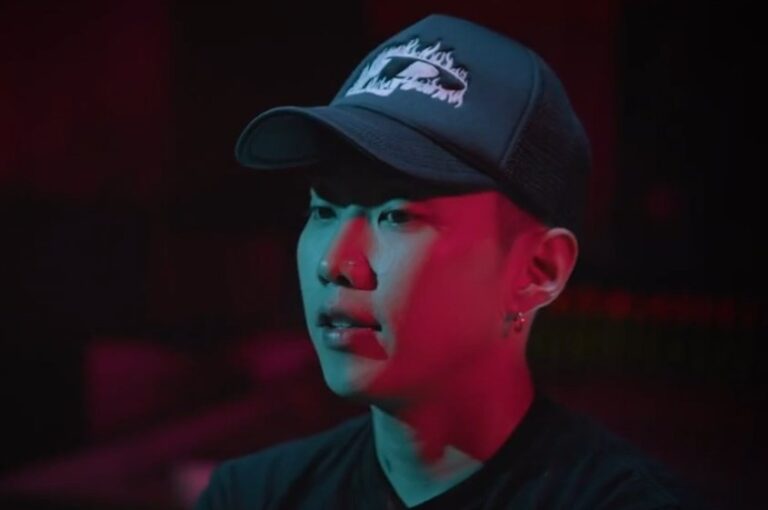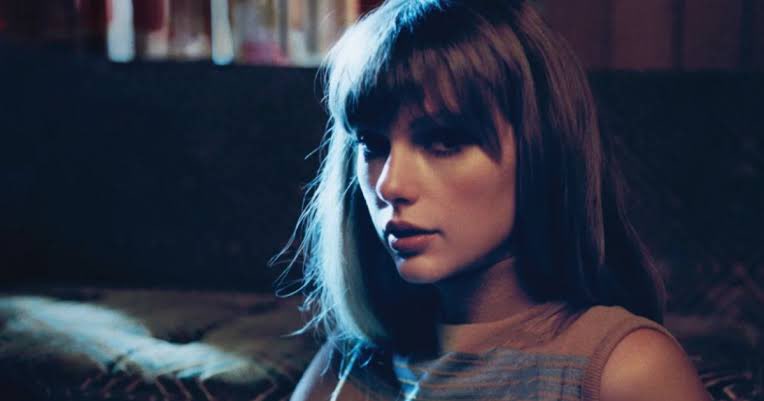Call the Midwife 12th series’ first episode review with all details
Call The Midwife came with a brand new first episode of series 12 on Sunday, January 1, 2023, at 8 p.m. on BBC One.
Call the Midwife is one program that makes you feel things. The very DNA of the program contains it. So it was not shocking when season 12 began with an emotionally stirring boom. After the Christmas special, fans of Call the Midwife (BBC One), who number in the millions, received a bonus. The 12th season of the show would begin in just six days, according to the credits. One is born every minute.
“We are the weavers of each other’s cloth,
— Call the Midwife (@CallTheMidwife1) January 1, 2023
the keepers of our fellow travellers in time.
Change is not a threat – it is a chance,
and if we embrace it we can begin again.” xx
Call the Midwife continues next Sunday at 8pm on @BBCOne #CallTheMidwife pic.twitter.com/UpQQ1BhAb0
Call the Midwife, Series 2, complete casts lists
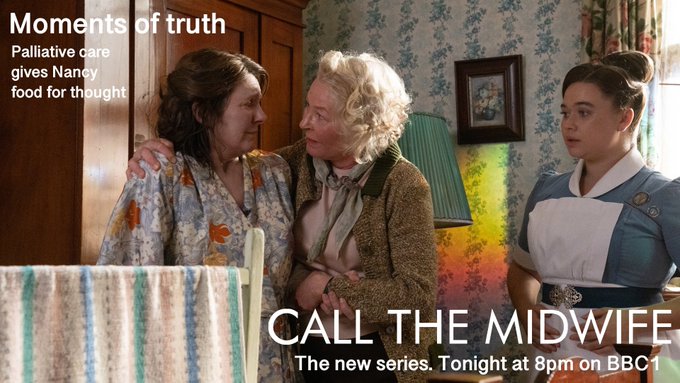
| Cast’s Real Name | Character they play |
| Helen George | Nurse Beatrix ‘Trixie,’ Franklin |
| Olly Rix | Matthew Aylward |
| Fenella Woolgar | Sister Hilda |
| Jenny Agutter | Sister Julienne |
| Judy Parfitt | Sister Monica Joan |
| Linda Bassett | Nurse Phyllis Crane |
| Megan Cusack | Nurse Nancy Corrigan |
| Ella Bruccoleri | Sister Frances |
| Georgie Glen | Miss Higgins |
| Max Macmillan | Timothy Turner |
| Laura Main | Shelagh Turner |
Season 12, Episode 1 Review
Midwife episodes are very similar to one another. The program has established itself as a staple, so it’s not surprising that it has evolved into a nostalgic instructional soap opera, with a cast chosen with the full support of the BBC diversity ombudsman. Do the one-note characterization and the speeches delivered practically down the camera have any purpose? With Hootenanny by Jools Holland, you may argue.
Call the Midwife is produced by Neal Street Productions. The first season, which takes place in 1957, debuted on January 15, 2012, in the UK. The series is based on the memoirs of Jennifer Worth, a Community of St. John, the Divine member who served at their convent in London’s East End. Heidi Thomas devised the series. In 1849, the order was established as a nursing order. The show’s stories now incorporate new information using historical sources and memoirs.
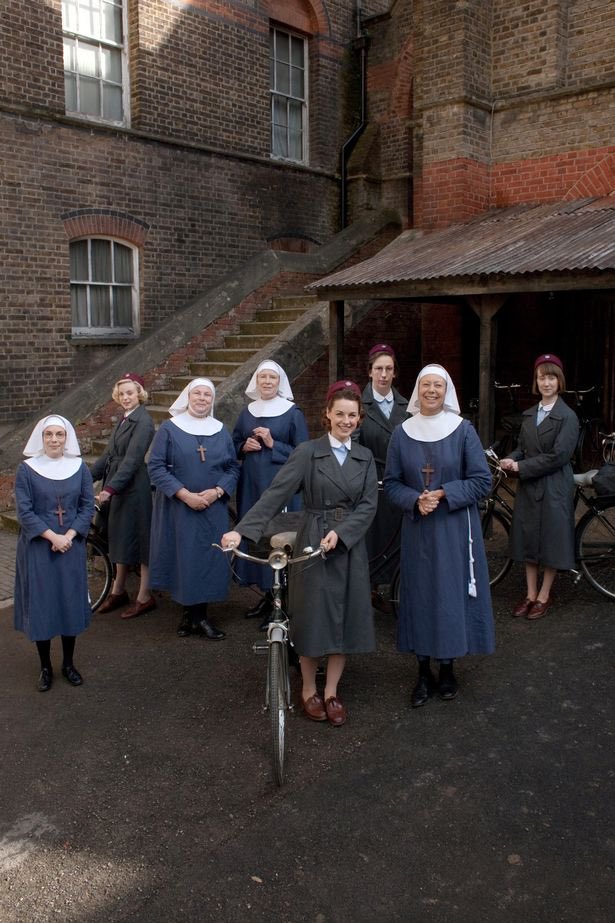
Greta and Lucille had previously gotten along well. However, when a patient who is an immigrant (Mrs. Patel) is given priority over Greta and granted a bed while giving birth, she becomes irate and spews hatred.
Greta begins echoing her husband’s ideals, ideologies that were in part molded by Powell’s vituperative statement, rather than accepting the reality as it is clear, with Mrs. Patel being further advanced and battling more than she is. The same claim (not by coincidence) mentioned expectant white moms allegedly unable to find hospital beds due to immigration requests.
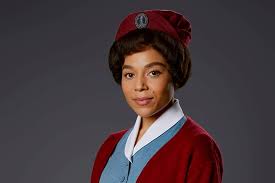
Then Greta vents her anger at Lucille by forbidding her to touch her and repeating the line about immigrants “grabbing what others have paid for and taking all the jobs.”
In the middle of her shift, Lucille abruptly leaves after rejecting this lame attempt at an apology and turns over to Sister Veronica.
Their connection undoubtedly had three effects on Lucille. Three times: once for the friendly relationship she believed she had with Greta, twice for the direct impact Powell’s hatred had on her, and once because she was trying to get pregnant in a place where some people could consider her kid as a usurper of Britishness.
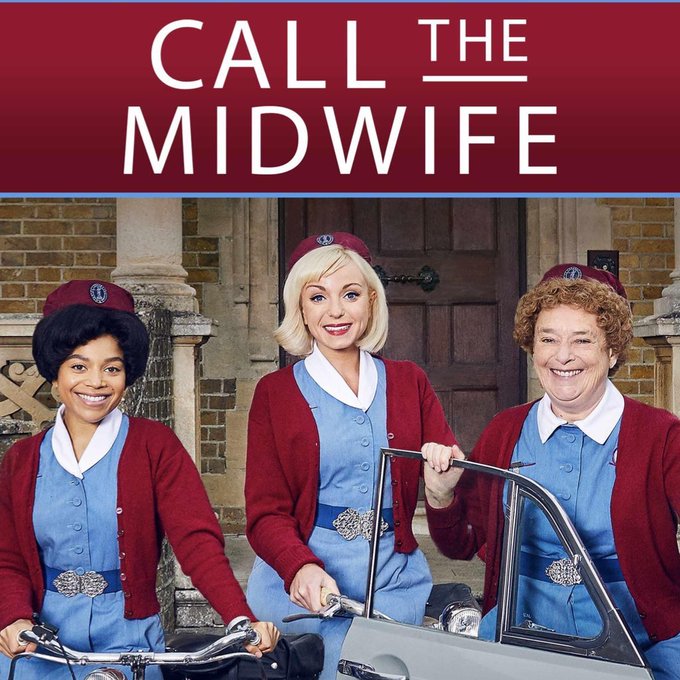
Enoch Powell’s speech about the Rivers of Blood was a major political issue. Of his statements, Lucille (Leonie Elliott) became outraged. Powell’s speech undoubtedly upset immigrant nurses. But would they have made the same statement as Lucille, “The damage is done? He has indicated that resenting immigrants is acceptable”?
Most likely not, but why bother caring? Nobody has these things in mind as they watch Midwife. They tune in, hoping for a lighthearted stroll down memory lane and the projection of naive liberal principles from the twenty-first century. The creators couldn’t have predicted the timing of the nursing strikes. However, the unintentional political angle—about how we esteem people who care for us when we’re weakest—is more persuasive than the overt lesson on race relations.
That is not the first time racism has been addressed in Call, the Midwife. Even so, Elliott’s character has experienced racial prejudice before. Elliott stated in a prior interview with Radio Times:
“Some patients have been hostile toward Lucille.
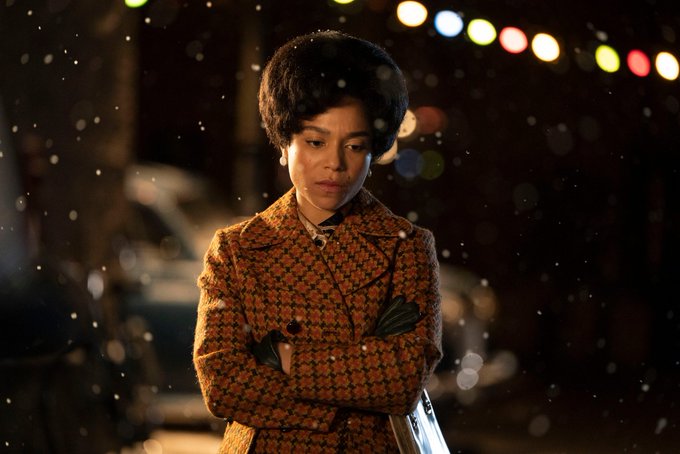
Filming those sequences was occasionally challenging. It’s not the kindest thing to do, especially if you know that family members may have experienced some of these prejudices. Because that makes it more personal,” she said, referring to her dad’s sister, who came from Jamaica to the UK to pursue a nursing degree, and her mother’s family, who were from Lucille’s parish.
That is not the first time racism has been addressed in Call, the Midwife. Even so, Elliott’s character has experienced racial prejudice before. Elliott stated in a prior interview with Radio Times:
“Some patients have been hostile toward Lucille.
Filming those sequences was occasionally challenging. It’s not the kindest thing to do, especially if you know that family members may have experienced some of these prejudices. Because that makes it more personal, she said, referring to her dad’s sister, who came from Jamaica to the UK to pursue a nursing degree, and her mother’s family, who were from Lucille’s parish.
At the end of the episode, Lucille’s unresolved emotions act as a cliffhanger for what’s to come. They also assert that Call the Midwife is laying the groundwork for a more in-depth investigation into Britain’s history of racial relations, tackling themes that still influence our culture today.
Call the Midwife, like The Crown, will finally catch up with the latest events even though it seems like the race will continue forever.

